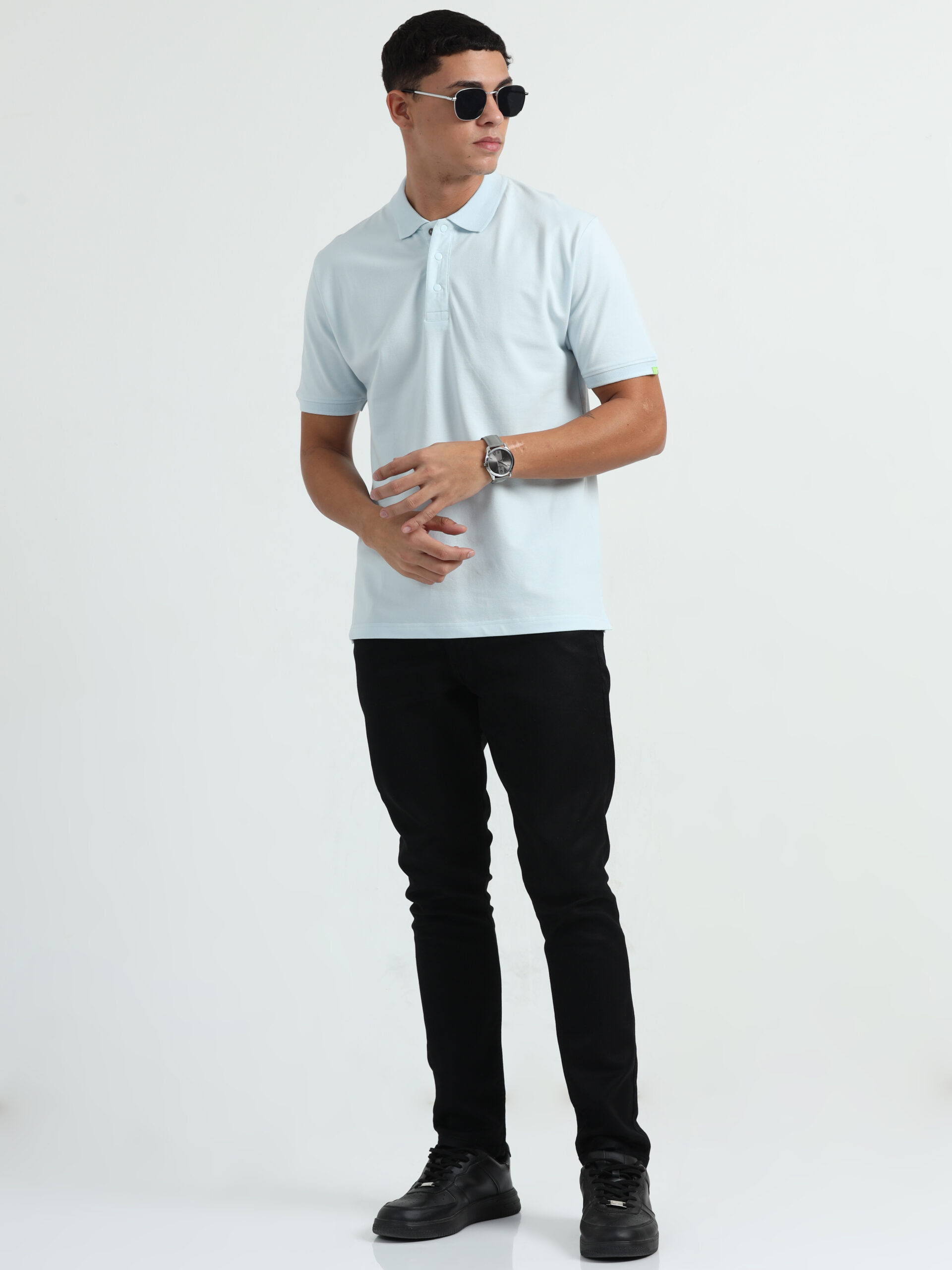

about ecojay
REDEFINING FASHION THROUGH SUSTAINABILITY
At Ecojay, we’re on a mission to reshape the fashion industry and address the growing climate crisis. Through innovative recycling practices and a commitment to ethical production, we’re proving that style and sustainability can coexist.
Our collection of recycled apparel is just the start. By diverting cotton and plastic waste from landfills, we’re able to create trendy, high-quality garments without the heavy environmental toll of traditional textile manufacturing. Each piece tells a story of transformation – from discarded materials to fashion-forward designs that empower our customers to look good and feel good about their choices.
But our impact goes beyond the clothes on your back. We’ve built a vertically integrated supply chain that prioritizes transparency, fair labor practices, and carbon-neutral production. From sourcing to shipping, we’re continuously enhancing our processes to minimize waste, conserve resources, and support local communities.
Fashion may be our passion, but our true purpose is to be a catalyst for positive change. By pioneering sustainable solutions and inspiring consumers to make more mindful purchases, we’re working to create a cleaner, greener future for all.
Join us on this journey towards a more conscious, compassionate world.
Together, we can redefine what it means to be fashionable.

our vision
Divert used apparel from being trashed, ending up in landfills or incinerated
Eliminate plastics in landfills, oceans, and incineration
Lead the circular economy to support efficient use of cultivable land
We manufacture apparel and accessories that align with
this vision and with international efforts such as the:
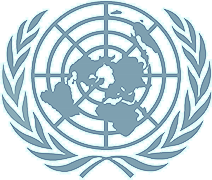
UN 2030 Agenda for Sustainable Development
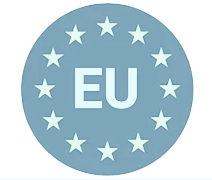
EU Strategy for Sustainable and Circular Textiles
our founders
Jayakumar Deivasigamani
As CEO and co-founder of Ecojay, Jay Deivasigamani is driven by an unwavering belief that meaningful change is possible through passion, innovation, and perseverance. It is this conviction that guides his leadership in transforming the fashion industry towards a more sustainable future.
With over two decades of experience collaborating with leading global apparel brands, Jay has developed deep expertise in textile manufacturing and supply chain optimization. But his true north has always been using this industry knowledge to drive positive environmental and social impact.
After completing his master’s degree at the University of Wisconsin-Madison, one of the top universities in the US, Jay was part of a team that received an award during the prestigious G. Steven Burrill Technology Business Plan Competition for their entrepreneurial vision. He has also published research articles in leading international textile journals, furthering the academic dialogue around sustainable textile solutions.
Today, Jay’s steadfast commitment to sustainability is the driving force behind Ecojay’s mission.

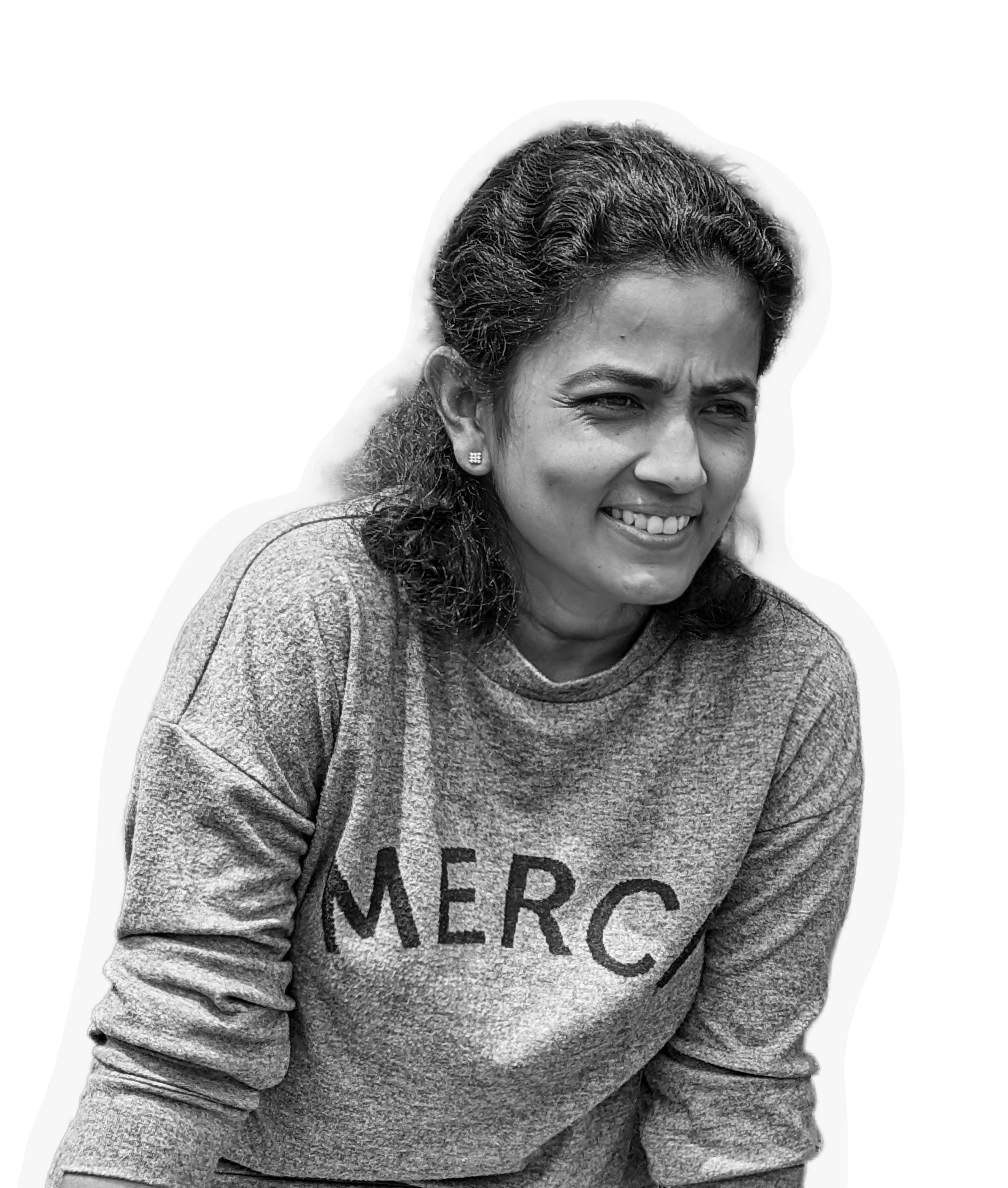
Roopa Jayakumar
Roopa is a dynamic force in the sustainable business landscape as CFO and co-founder of EcoJay. With a deep passion for creating a positive environmental impact, she has dedicated her career to advancing sustainability in the textile industry.
With two decades of experience in textile yarn manufacturing, Roopa has honed her expertise as Director and CFO at Loga Textile Mills (P) Ltd. Her journey is fueled by a belief that business can drive meaningful change for our planet.
Roopa holds a B.Sc. in Computer Technology from PSG College of Technology and a Diploma in Apparel Manufacturing from NIFT – AEPC, blending technology and creativity in her mission to reshape the industry for a better future.
our processes
Ecojay has a state-of-the-art manufacturing facility where agile production methods enable throttling production capacities based on demand. The technical staff have over a century of combined experience in the production process and quality controls.
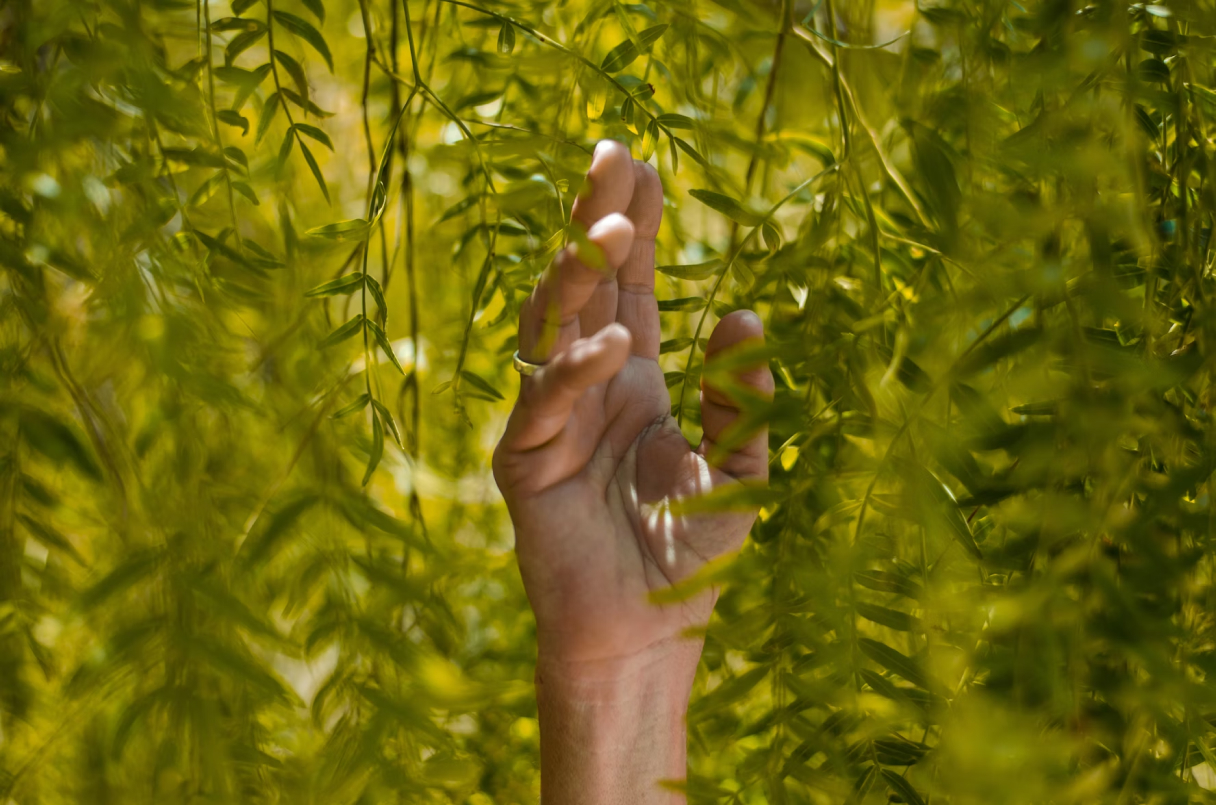
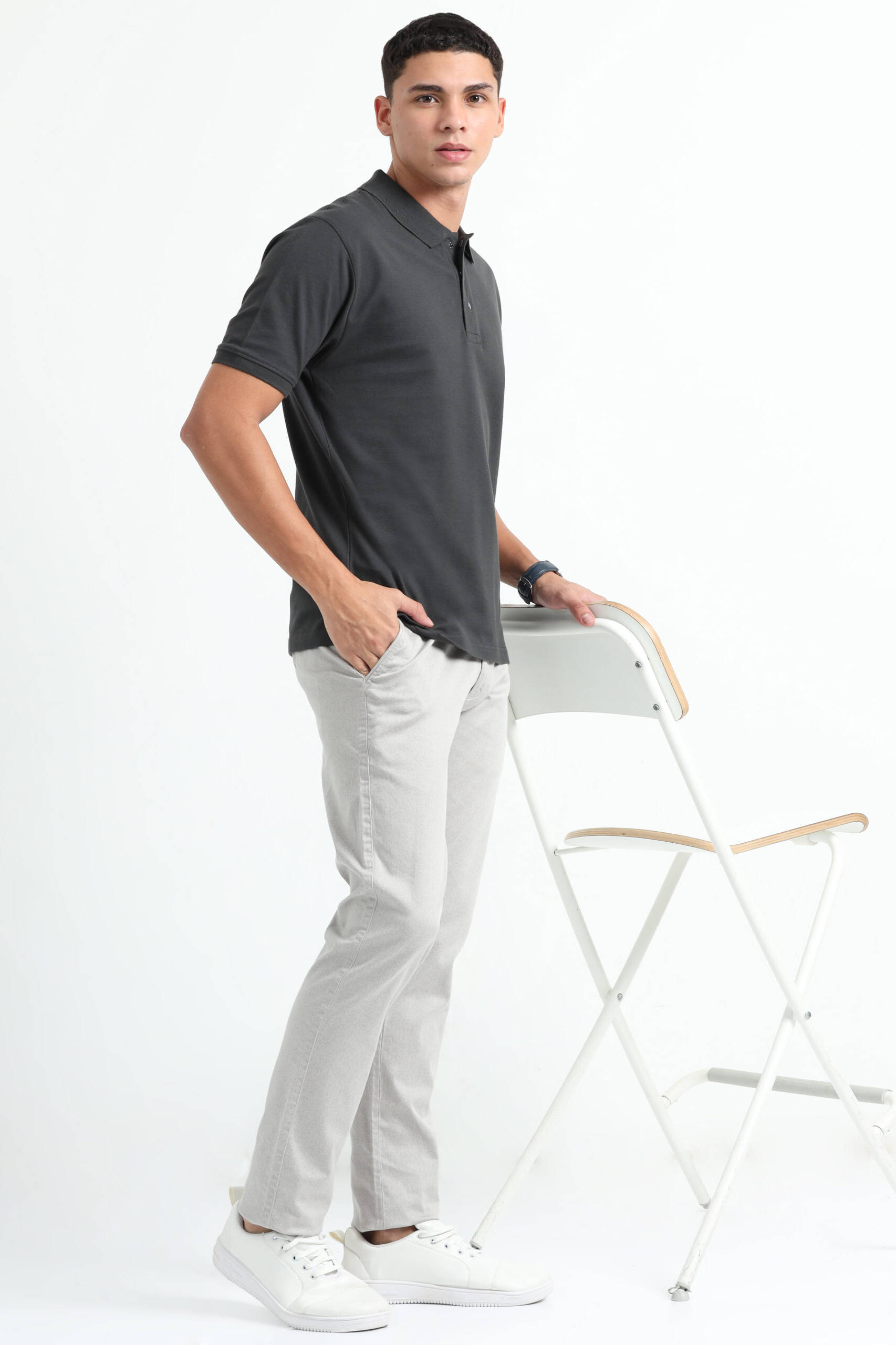
EcoJay employs a multi-prong strategy to ensure our products have the highest quality and traceability of its sustainable product range:
- Source verification and validation
- Global manufacturing certifications
- Traceability-friendly labelling
- Hyperlocal, local, and global strategic partnerships
- Well-established quality and inspection processes
- Supply chain management